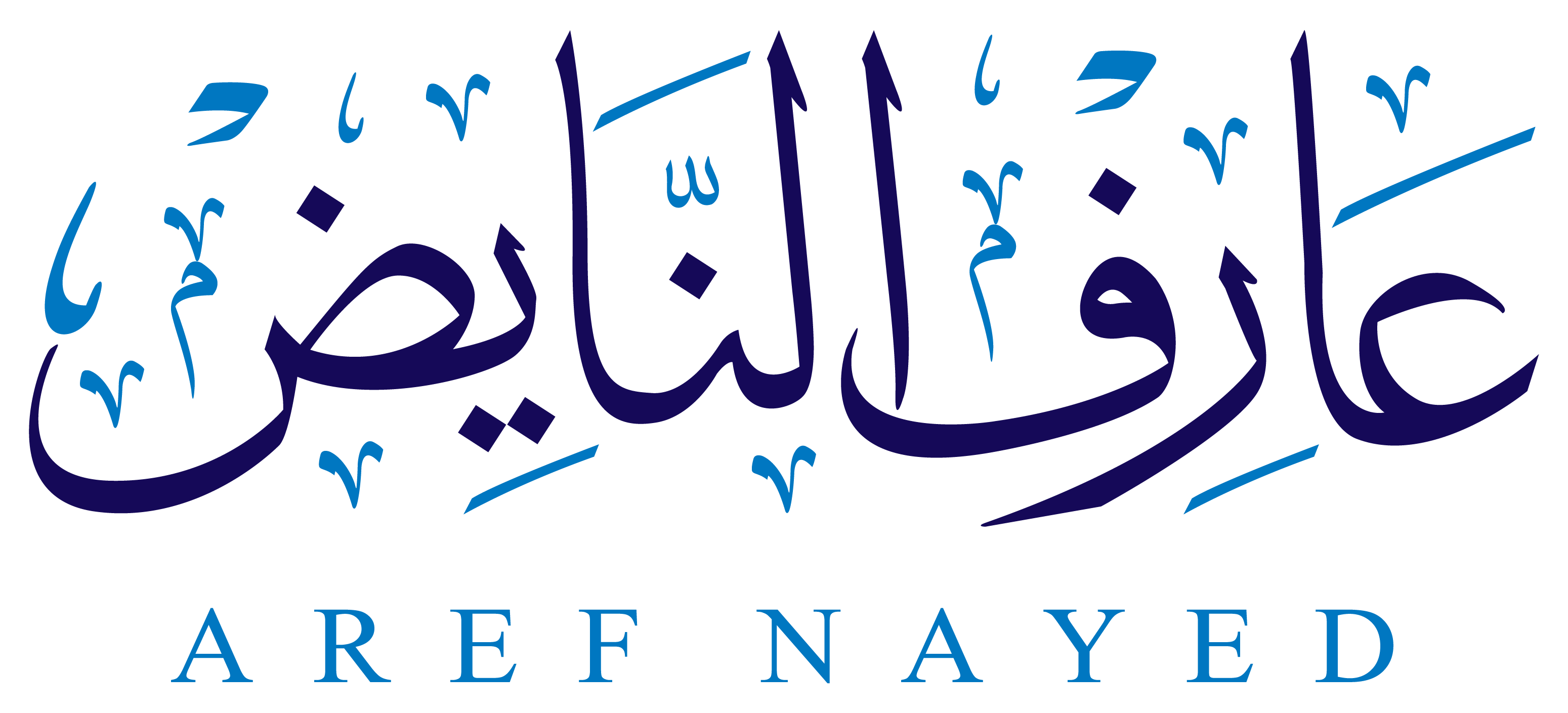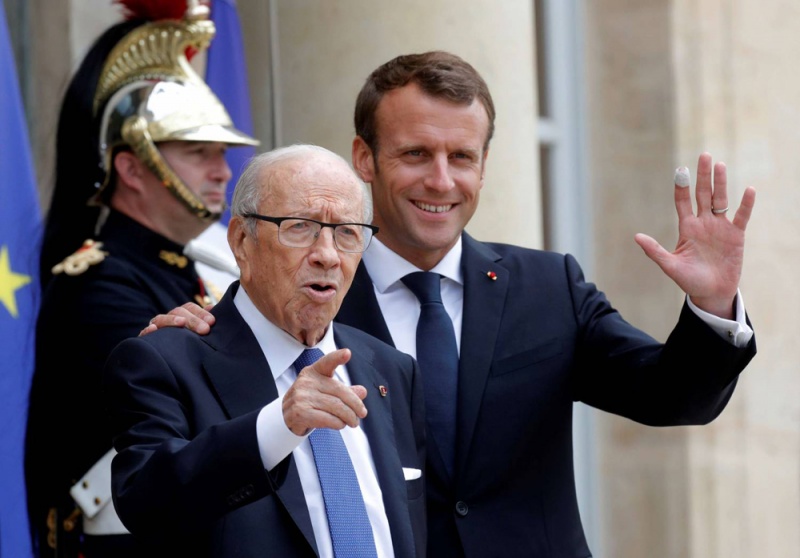Tunisia: Tunisian Foreign Minister Khamis Al-Jahinawi’s calls on the sidelines of a meeting with UN envoy to Libya Ghassan Salamé reflected his country’s position in support of the Paris initiative to resolve the Libyan crisis, which stipulates that elections should be held before the end of this year.
Tunisia’s Minister of Foreign Affairs and the UN envoy to Libya reviewed developments in Libya’s political track and preparations for the presidential and legislative elections.
Al-Jahinawi stressed the importance of working to unify efforts to speed up the pace of consultations between Libyan parties and create the conditions for holding legislative and presidential elections as soon as possible to restore security and stability to this country and spare the region the dangers of extremism and terrorism.
At the end of May, Paris organized an international conference on the Libyan crisis attended by more than 20 countries as well as Libyan actors in the Libyan scene: the Presidential Council, the Council of State, the National Army and the House of Representatives.
A number of items were agreed during the conference, first and foremost the holding of the presidential and legislative elections on December 10th.
Tunisia participated in the conference, which was attended by President Beji Caid Essebsi, as one of Libya’s neighbours and one of the most prominent victims of its crisis.
Prior to his meeting with Ghassan Salamé, Al-Jahinawi discussed the Libyan crisis by telephone with French Foreign Minister Jean-Yves Le Drian. “The two sides reviewed the developments in Libya and the progress recorded in the political process aimed at creating the conditions for holding the legislative and presidential elections agreed by various Libyan parties during the Paris meeting before the end of this year,” the Tunisian Foreign Ministry said in a statement.
The Tunisian Minister of Foreign Affairs reiterated the importance of continuing consultation and coordination between the various countries related to the Libyan file, enabling it to overcome the current stalemate on the political track and help accelerate the conclusion of a Libyan-Libyan political solution under the auspices of the United Nations.
Tunisia has been making efforts to resolve the Libyan crisis since its outbreak. In 2016, Tunisian President Beji Caid Essebsi launched an initiative aimed at working towards a comprehensive political solution in Libya, and Tunisia is participating in meetings of Libya’s neighbours that take place every time to try to end the country’s political division.
Today, Tunisia is more keen than ever to find a settlement that will end the chaos in its neighbour, causing trade between the two sides to decline due to the deteriorating security situation, which has had a negative impact on Tunisia’s exhausted economy. In remarks to Foreign Policy magazine, Al-Jahinawi attacked NATO’s intervention to overthrow the regime of the late Colonel Muammar Gaddafi, calling him “reckless.”
He described the intervention of the United States, Britain and other powers in Libya’s 2011 civil war as “almost a policy of attack and withdrawal.”
“There is no strategy to get out of that situation; they toppled the government, but they did not help create situations that would help Libya elect or choose another government,” he said. That’s because of what happened in 2011.”
“It is important for us to see a stable Libya because our security is linked to that Libyan,” he said, noting that Libya has the potential to achieve stability and prosperity, including a wealth of natural resources and a homogeneous society.
Tunisia, despite domestic and international controversy over the elections, is based on its belief that it is the last solution to the country’s stability, and has made sure that waiting for the constitution to be issued as some countries call for will drain a lot of time, which means more chaos.
Italy and Britain are among the most prominent rejectionists of holding elections now, and call for the need for a national consensus that unites state institutions, issue the constitution and then hold elections, which, according to followers of the Libyan affairs, needs years to achieve.
Internally, Islamists are leading the movement that refuses to hold elections, along with the Presidential Council, which in turn calls for the constitution to be issued first, in return, calling on the army led by Field Marshal Khalifa Haftar and some anti-Islamist political figures, such as Libya’s former ambassador to the UAE Aref Nayed, to end the crisis through elections.
The movement supporting the elections accuses their opponents of seeking to prolong the crisis and keep the scene the same.
Source : alarab.co.uk

